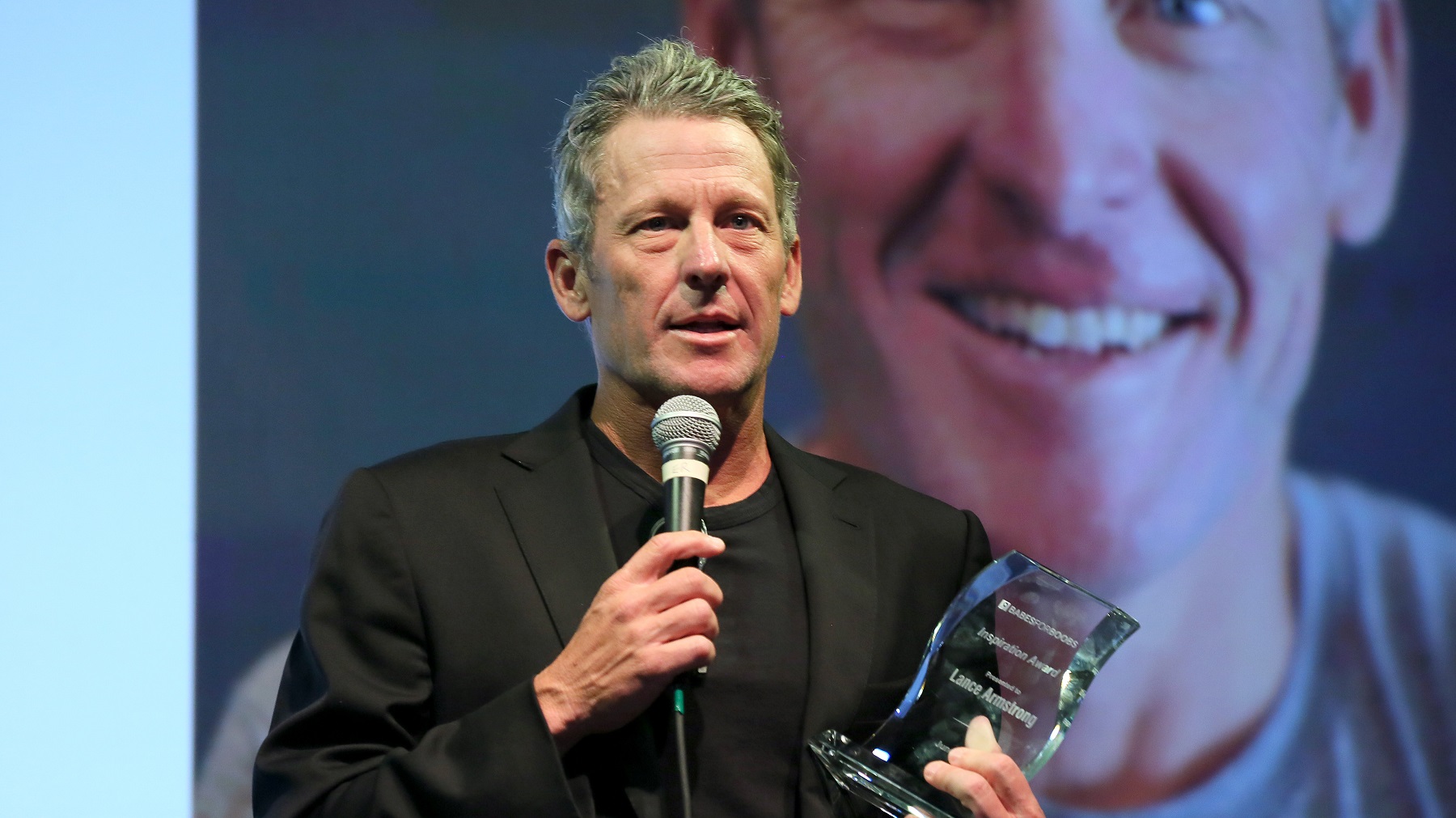Sports
Disgraced Cyclist Lance Armstrong Is Now Tied to a New Controversy

Even Michael Vick repaired his image to some degree following the dogfighting scandal that sent him to prison while he was still in the prime of his NFL career. Lance Armstrong hasn’t earned the same consideration from fans angered by the way he brought the sport of cycling into disrepute.
Cheating your way to seven straight Tour de France championships has that sort of effect on an audience. Armstrong is now embroiled in a fresh controversy. But he can take comfort in the fact that anyone upset with him over the current hot issue probably doesn’t hate him more than they already did.
Lance Armstrong reached the top of his sport
RELATED: How Lance Armstrong’s Father Made Him Who He Is Today
Lance Armstrong long basked in the adulation of sports fans impressed by his amazing comeback from testicular cancer in the mid-1990s. Armstrong beat the disease and then resumed his career to beat the competition at the Tour de France, the most prestigious cycling event in the world, a record seven straight years beginning in 1999.
Although suspicions mounted over the years – cycling is one of the few sports more tainted than track and field by performance-enhancing drugs – Armstrong was able to point to clean drug-testing results as he continued to cash in on endorsements.
The tide began to turn in 2009 as the United States Anti-Doping Agency began a thorough examination of Armstrong and his racing teams. The USADA turned its 1,000-page report over to the International Cycling Union in 2012, and Armstrong was stripped of his Tour de France championships.
Said International Cycling Union president Pat McQuaid: “Lance Armstrong has no place in cycling. He deserves to be forgotten.”
The conclusion of the international community: Armstrong’s entire career was a fraud.
Fast-forward to 2020 and a fresh controversy for Lance Armstrong
Scandals revolving around performance-enhancing drugs have touched multiple sports, but the rise of the United States Anti-Doping Agency has meant that the cheaters can no longer be certain that they’re one step ahead of the authorities.
Consequently, American sports fans have found other controversies to fixate on, most prominently Spygate and Deflategate involving the New England Patriots and the more recent sign-stealing scandal involving the Houston Astros.
But sports figures sometimes entangle themselves in other controversies, particularly in the era of social justice causes. LeBron James is among the athletes sparring with President Donald Trump. And Lance Armstrong now finds himself squarely in the middle of an issue related to the Black Lives Matter movement. His bike shop in Austin, Texas, announced on social media that it was cutting its business ties with the local police department.
The decision means that Armstrong’s Mellow Johnny’s Bike Shop will no longer buy or service police-issued bicycles, abandoning a five-year contract worth $350,000 that was signed last year, according to the Fort Worth Star-Telegram.
The bike shop’s decision is related to Black Lives Matter
RELATED: Lance Armstrong’s Childhood Was More Tragic Than You Think
The statement from Mellow Johnny’s Bike Shop cited “the current evaluation of community policing in Austin” as the reason behind its decision to end its contract with the law enforcement agency.
“Businesses can no longer be non-participants in the communities they serve. We chose what we think will do the most to suture these divides and place our community on the right side of history.”
Statement from Mellow Johnny’s Bike Shop
The shop had previously cut ties with Vista Outdoor over its connection to the National Rifle Association. Despite its latest decision, which the store’s operators say have resulted in threats, the Mellow Johnny’s statement emphasized that its shop is not “anti-police.”











